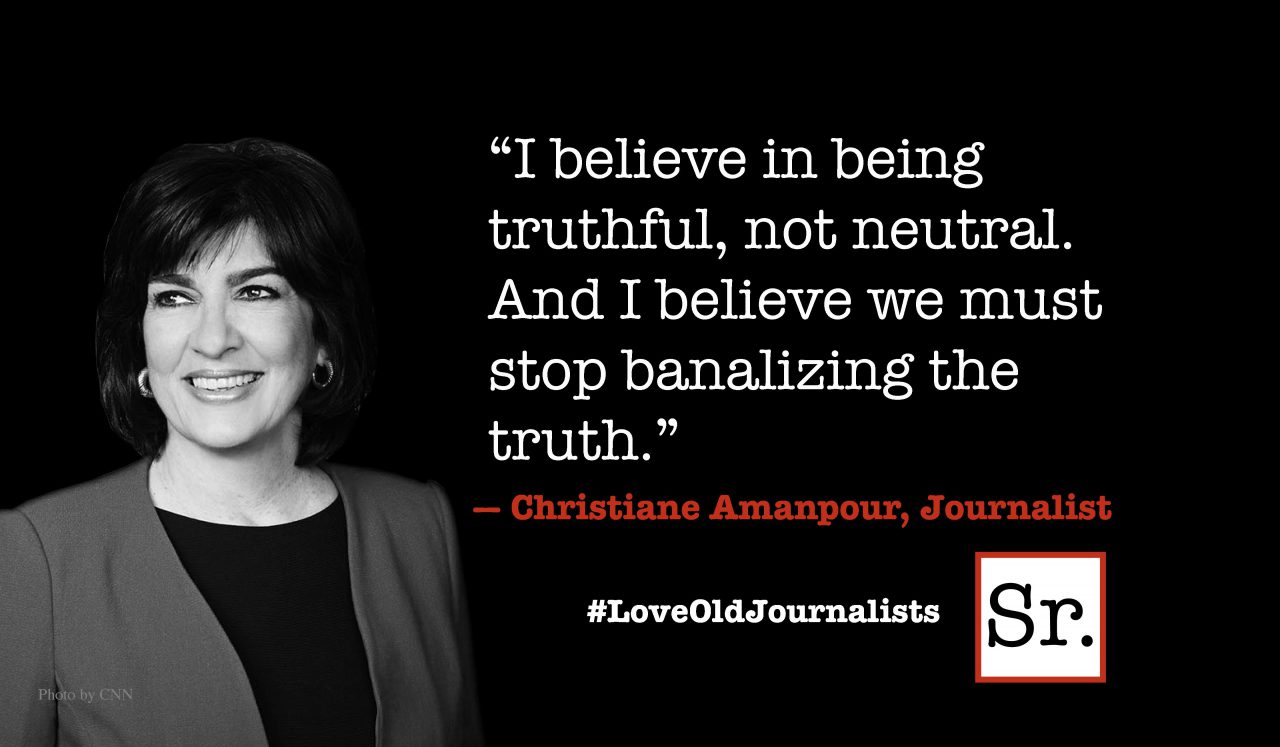Q: We have a seven-year-old son and two girls ages nine and six. The girls are gifted academically and athletically. He simply can’t keep up with them. They’re even better at bike-riding. As a result, he doesn’t want to participate in sports. If on a rare occasion he plays with the girls, he has to win and becomes very upset if he doesn’t. He’s making a habit out of feeling bad about himself. My husband and I have talked with him about this issue on numerous occasions, but to no avail. Do you have any advice as to how we can address this with him?
A: My advice is that you stop trying to address this with him. You’ve no doubt said all there is to say including anything I might suggest that you say. Your son may not be an academic standout, but he’s smart. He’s heard you. He is simply doing what human beings are inclined to do: He’s seizing the opportunity to make his rather good life into a soap opera — an “oh poor, pitiful me” drama. Sometimes, humans would rather make a drama out of issues in their lives than solve them. The dramas in question get them lots of attention, which is precisely what this drama is getting your son.
The fact is that not all of life’s problems can be solved, and the earlier one accepts that fact the better. It is also a fact that it is not a parent’s job to solve all of a child’s problems, and the earlier a parent accepts that, the better for both parent and child. Unfortunately, one of the doctrines of what I call the “Good Mommy Club” says that Good Mommies solve all of their children’s problems (or burn themselves down to a nub in the attempt to do so). Such is the destructive nature of today’s Mommy Culture.
Another fact: Because you have no control group, you don’t know for sure whether your son’s avoidance of sports is due to having two very athletic sisters. He might not want to participate in sports if he was your only child. And let’s put this sports thing into perspective: to wit, most of these adult-organized, adult-micromanaged sports will be irrelevant to anything a child is doing when said child is a 30-year-old adult. I know a good number of successful (in every sense of the term) adults who did not participate in any organized sports as children. So what if your son doesn’t like sports, regardless of the reason?
Another fact: When children mope, more often than not they need to simply be left alone. The more parents engage children in discussions of their emotions, the worse those emotions get and the more likely it is that the issues in question will become personal soap operas. A personal soap opera is an albatross around the neck, and a personal soap opera that gets its claws (pardon the mixed metaphor) into a seven-year-old child is likely to become permanent. It sounds like you’re about to step over that line.
Talking is not the solution to everything. That's also a fact, by the way. Sometimes, a shrug of the shoulders and "Well, kiddo, I’ve said a whole lot about that and just don't know what else to say … I guess you’re just going to have to figure out how to live with (whatever)" is the best response. That won’t produce instant improvement, mind you, but it will put you and your son on the proper path.
Fact: Your son won’t get on the proper path until you do.









